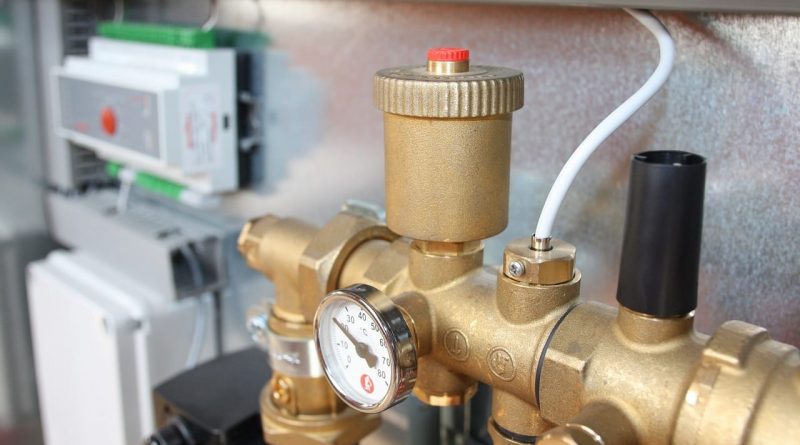Save money with your home heating system
Is a Heat Pump Worth the Money?
With winter nearly upon us, many homeowners are turning their attention towards the most efficient means of heating their homes. The costs for power are at an all time high, leading many families to consider alternatives for keeping their homes warm when temperatures start to drop. Though many families still employ standard gas or electric-powered heaters, woodstove and heat pump use is also on the rise as homeowners seek new ways to reduce overall costs and increase their comfort during cold weather months. If you’re looking to save some money on home heating expenses while still keeping your home cozy and warm, heat pump might just be the answer.
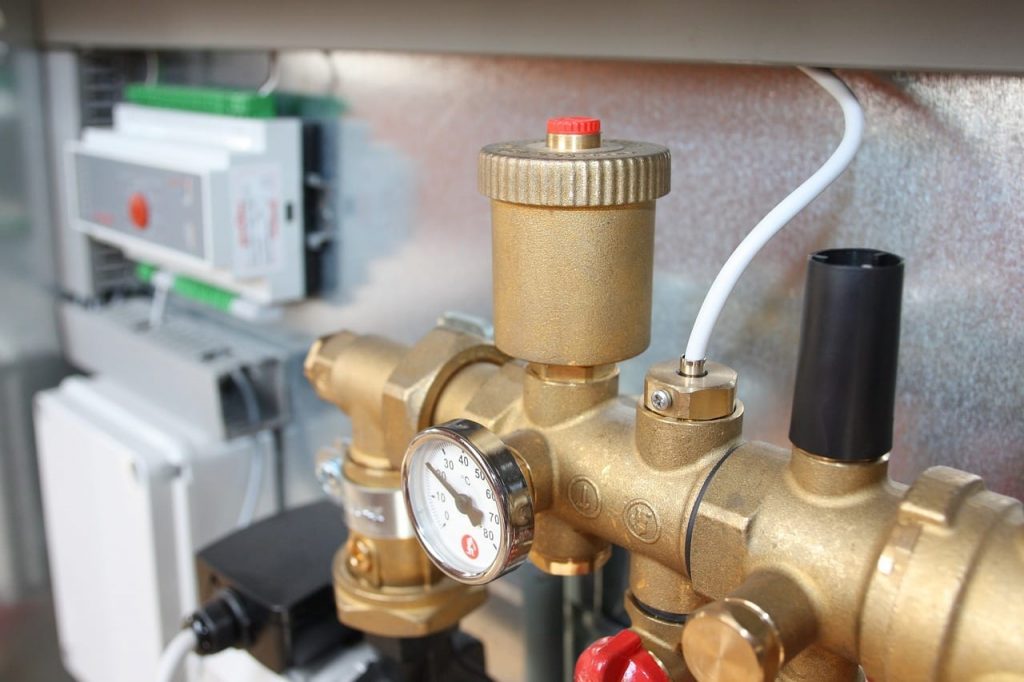
Heat Pumps vs Electric Heaters—What is the Better Choice?
Both heat pumps and electric heaters are excellent means to keep a home heated. There are advantages and disadvantages to both systems. Heat pumps draw electricity and they operate differently from electric-powered heating units. In essence, heat pumps use electric fans to circulate warm air to desired sections of a house and zone controls allow cooler temperature for rooms not in use. Heat pumps are known to be incredibly efficient and draw on far less electricity than standard electric furnace.
The key consideration for purchasing a heat pump is to ensure the correct output versus the amount of space required. A unit with inadequate output for the home can’t properly heat the space. Another critical factor to ensure proper functionality is thorough ductwork insulation and careful installation. A dramatic heat loss could happen through temperature differences between the duct and surrounding it’s not properly insulated. A poorly fitted duct could lose pressure along the path, resulting warm air leakage. If this happens, the thermal sensor never gets heated to signal the heat pump to stop. This could drive up your heating bill.
As an added advantage to heat pumps, they provide year-round climate control, ensuring a home is warm when it needs to be, and cool when it’s hot outside.
By comparison, electric heater is typically accessed via baseboard heaters or a furnace. They are efficient home heating systems but the costs associated are still higher than heat pump’s installation and maintenance. Electric furnaces heats the air, then blow them through the house. The main advantage of this type of heat source is that the air is typically warmer than air distributed through a heat pump.
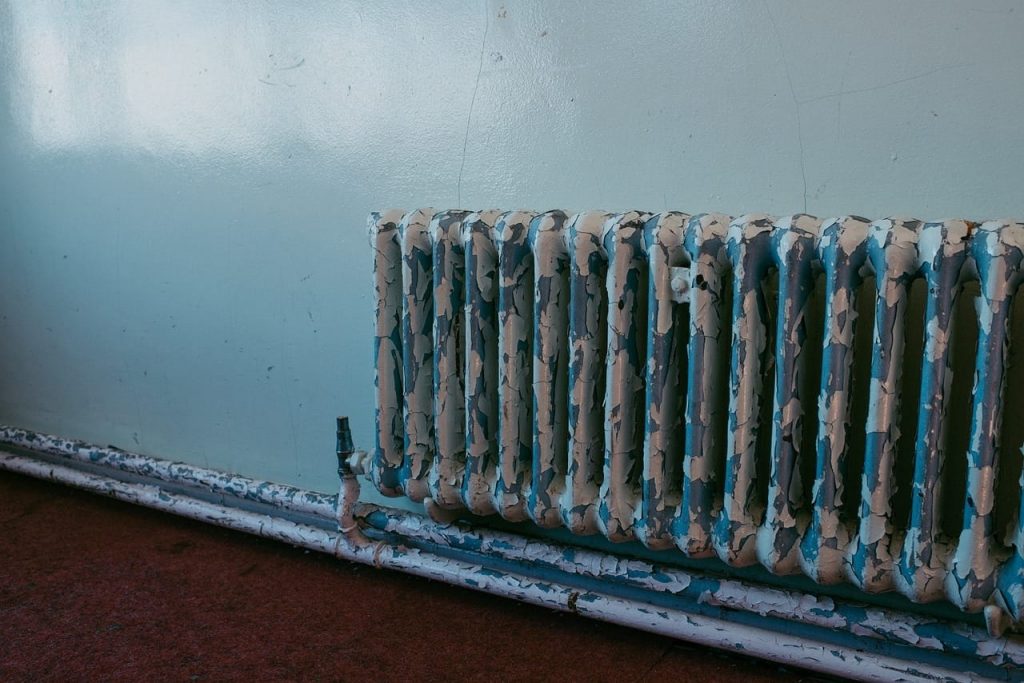
Many homes rely on electric baseboard heaters which work to heat each individual room of a house. Their installation is simple, and they provide an excellent source of heat for small spaces. However, baseboard heating is extremely costly if used as the sole heat source for an entire house. Cost savings come in the form of upfront installation fees which are significantly less expensive than that of either an electric furnace or a heat pump.
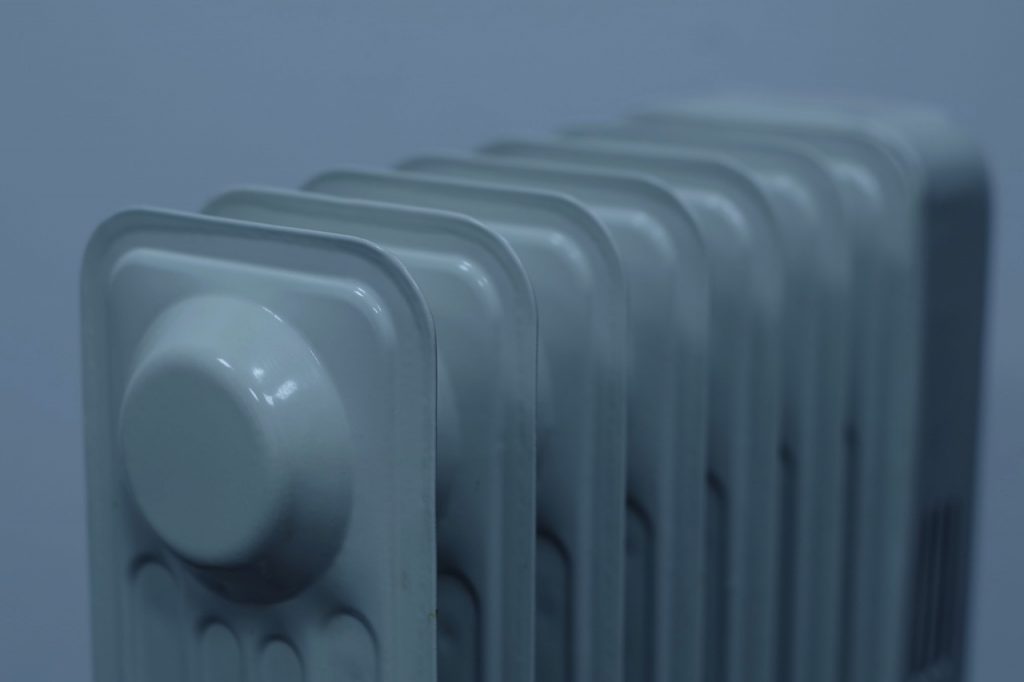
Electric heaters generally require no maintenance and offer excellent heat efficiency; particularly when compared with home heating powered by gas or oil.
What are the Cost Differences Between Heat Pumps and Electric Heaters?
The costs for the installation of a heat pump vary depending on the size of the unit required and the type purchased. The three main types of heat pumps are:
- Air to air
- Water
- Geothermal
A typical air to air heat pump intended to provide warmth for a single room can cost as low as $500. However, units designed to heat an entire home start at $2,000 and can reach up to $8,000; however, it is important to note that these costs include the purchase of the heat pump itself and all related installation fees.
To determine the expenses associated for a specific home, it is necessary to include specific measurements including the total square footage of the space to be heated as well as the rating of the particular unit being considered. As a basic rule of thumb, the most efficient heating systems come with the highest price tags, increasing upfront costs, but saving money in the long run.
Air to air heat pumps are less efficient than their geothermal or water source counterparts because air is bad at retain heat. As a result, a secondary heat source is recommended to achieve the optimal warmth.

Geothermal heat pumps are by far the most expensive unit homeowners can purchase, largely because the excavation required. To purchase the unit alone begins at a cost of $2500 and can exceed $7500. However, it requires several thousands of dollars extra to dig deep enough to get the temperature difference. Though the hefty price tag of this type of heat pump is enough to deter most homeowners, it starts to save your heating cost as soona s it is installed. Also, the government offers several tax credits and incentives to offset the cost for families looking to install a geothermal heat pump on their property, defraying the cost by up to 30%.
Water source heat pumps are the least common type purchased by homeowners. It is required to be in proximity to a lake or a well to perform, making them a less practical choice for most families.
As an energy efficiency initiative, CleanBC, backed by the Canadian federal government, offers rebates and top-ups for families willing to change their current heating system to a heat pump. An application is required, and all approved applicants will receive rebates or top-ups in the amount of $500-$6,000 depending on the type of heating unit needed and the program for which the homeowner qualifies.
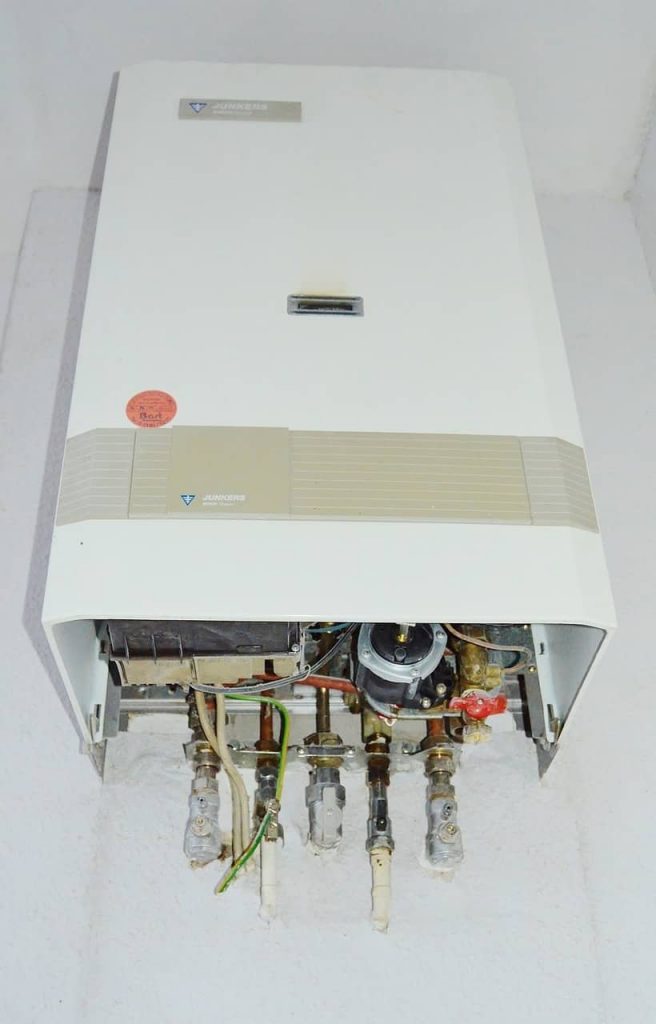
As a comparison, the initial purchase and installation costs for electric heaters is far less expensive at approximately $25-$200 to purchase the unit and $400-$1180 to have it installed in a home. The approximate monthly cost to heat an entire home solely with baseboard heaters ranges from $400 to $800, a huge expense. A water source heat pump’s average cost per year for home heating and cooling with a heat pump system is $850, with a monthly bill of approximately $71, which is a much more affordable option. However, it is important to bear in mind that a great number of factors affect the final cost for home heating using electric heaters as a primary heat source including the kilowatts of the heater, the amount the heater is in use per day, and the rates established by the power company. How well insulated a home is as well as the temperatures outdoors also plays a role in the overall expense.
What are the Maintenance Costs for Heat Pumps and Electric Heaters?
If properly maintained, the average heat pump will last as long as 25 years, making it an excellent investment of resources. Since failure to provide regular maintenance for a heat pump reduces its efficiency by 10-25%, it is critical that each unit be professionally serviced yearly for maximum performance.

The average cost for maintenance for a heat pump ranges between $170-$190 per year. Since repairs for heat pump neglect can easily exceed $1250, it is easy to see how important it is to provide ongoing care for this important home heating asset.
Electrical heaters require little to no maintenance with no professional services required for optimal performance. Homeowners should regularly vacuum and clean the unit to keep it free from dust and debris which could interfere with functionality or pose a fire risk. Filters should be replaced regularly as well.
Heat Pump or Electric Heaters—What’s the Better Choice?
As with any home heating system, there are advantages and disadvantages. However, when it comes to both realized cost-savings and heating efficiency, it is hard to beat a heat pump. Though the upfront expenses are significantly larger, the reduced monthly power costs add up to a great return on investment within 7 years of the purchase and installation date.
Thinking it’s time to take advantage of one of the BC government’s subsidies to install a heat pump in your home? Contact your local representative to learn more about going green with your home heating system.

